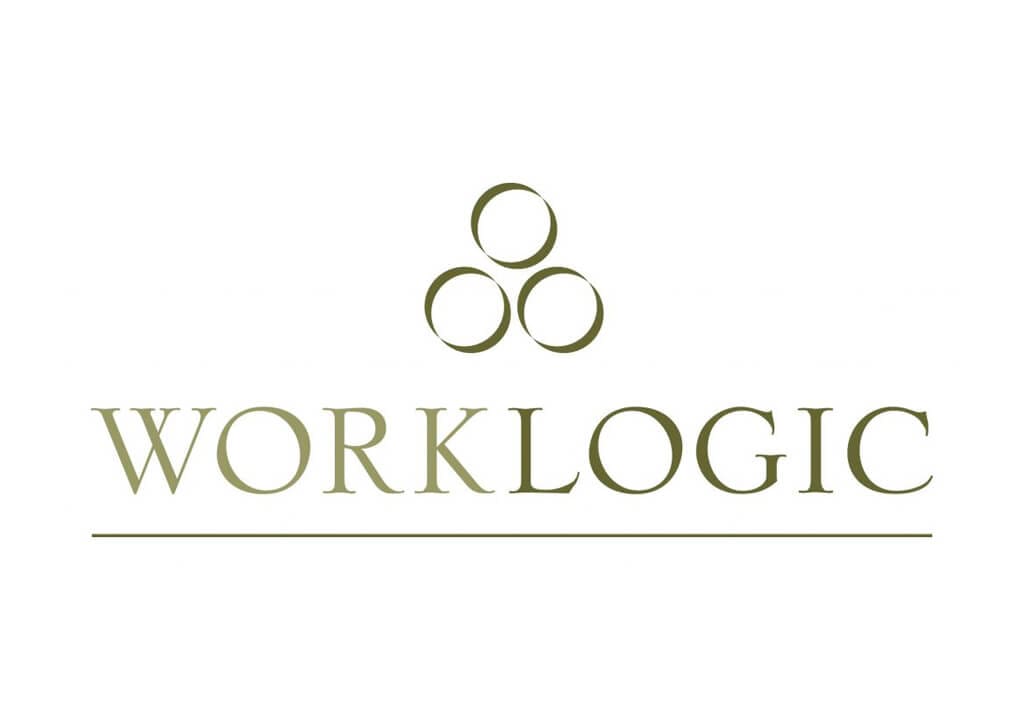Are you the person sending emails from your banana lounge on holidays? Do your kids complain you don’t help with homework because you are too busy taking work calls? Do you have a list of local takeaway places on speed dial at work for all those late nights you work?
Why are Australians working excessive hours?
If you answered yes to any of the above – congratulations, you are probably one of the many Australians working excessive work hours. According to OECD figures, Australians work some of the longest hours in the developed world, with the average full time employee in Australia working 43.2 hours a week.
Research conducted by think tank The Australian Institute in 2014 found that together, Australians contribute $128 billion in unpaid overtime to employers each year – with full time workers contributing an average six hours a week overtime each and part time workers an average three hours. Think about what we could have been doing instead!
Why is it that so many of us see working long hours as some sort of badge of honour?
It’s hard to know how things can change whilst we still model our working day on a traditional paradigm. Despite modern technological advances that can give us more flexibility as to how we work, most employers still operate on a 9-5 workplace. Randstadt research has shown that Australian employers are amongst the world’s worst when it comes to being open to flexible working arrangements with 79% of employees reporting that they are not allowed by their employers to work remotely.
With decentralised and cheap technology available, we should be able to work anywhere yet many employers struggle in terms of trust, adhering to outdated working models. Though technology should enable us to have greater flexibility about where we work, too often it has just blurred the lines between work and home life – imposing a relentless accessibility to work 24-7, or what some critics have referred to as the ‘electronic leash’.
The French have recently legislated to ban emails outside of work hours. Companies of fifty plus employees will be obliged to draw up a charter of good conduct, setting out the hours of normal work beyond which staff are not supposed to send emails. Note that employees still have a choice to check emails if they want to –what does it say about the workplace culture that people need permission not to work outside of hours?
The discussion in France in part emanated from an acknowledgment that to be creative at work we need two types of time – Chronos, or regular divisible time, and Keiros which is unconscious time or creative time necessary to create and imagine and come up with new ideas.
The old adage that all work and no play makes Jack (or Jackie) a dull boy (or girl) still applies. Aside from creativity, working reasonable hours has been shown to have a demonstrable impact on reducing the likelihood of suffering from stress or anxiety (for further information on stress in the workplace we recommend www.headsup.org.au).
Encouraging a healthy work/life balance
There are lots of things you can do to encourage a healthy work/life balance for your staff and a more flexible work culture.
Here are a few ideas to get you started:
- Get buy-in from the top – make sure your managers and leaders model good work/life balance behaviours themselves and don’t reinforce or reward presenteeism rather than output.
- Start an exercise group at the end of the working day to clearly delineate the line between work and leisure.
- Insist employees use an ‘Out of office’ message when on leave and don’t contact them unless its urgent.
- If the volume of work is dictating long working hours get together as a team to brainstorm how it can be better distributed or managed and trial new strategies.
- Learn from others – check out how Maddock’s Employment Safety and People team implemented their award-winning flexible working arrangements – and the benefits they achieved in terms of retention and engagement of their lawyers and client satisfaction.
Get started today!
Today is Go Home on Time day – an initiative sponsored by the Australian Institute to encourage work/life balance – so at the end of the day turn off your computer, switch off your mobile phone and enjoy your evening – and encourage your staff to do the same!
While you’re at, make sure you book your annual holiday leave because summer is coming fast!
The journey to better work/life balance begins with a small steps!
About Sarah Tidey
 Sarah Tidey has been a consultant with Worklogic for six years, with a focus on workplace investigations and reviews as well as training. Sarah gained a comprehensive understanding of risk management and people management from fifteen years’ experience in the legal and financial services sectors. Sarah applies strong analytical and communication skills in workplace investigations and training.
Sarah Tidey has been a consultant with Worklogic for six years, with a focus on workplace investigations and reviews as well as training. Sarah gained a comprehensive understanding of risk management and people management from fifteen years’ experience in the legal and financial services sectors. Sarah applies strong analytical and communication skills in workplace investigations and training.
Worklogic offers a range of programs and in-house training to help organisations build a positive work culture and reduce workplace conflict. Please contact Sarah via email or give her a call on (03) 9981 6500 for a confidential discussion on strategies to improve the work/life balance at your work.
Subscribe to the Worklogic blog to receive expert advice on resolving workplace complaints and building a positive culture at work direct to your inbox each week!



